Assessing The Viability Of Hydrogen And Battery Buses In Europe

Table of Contents
Europe's cities are grappling with the urgent need for sustainable public transport. Air pollution and climate change demand immediate action, pushing municipalities to explore cleaner alternatives to traditional diesel buses. This leads us to a crucial question: which technology offers the most viable path towards decarbonizing public transport – hydrogen or battery electric buses? This article provides a comparative analysis, assessing the strengths and weaknesses of both hydrogen and battery buses, considering factors like infrastructure, cost, and environmental impact to determine their suitability for European cities.
<h2>The Case for Battery Electric Buses in Europe</h2>
<h3>Technological Maturity and Cost-Effectiveness</h3>
Battery electric bus technology has reached a significant level of maturity. Advancements in battery chemistry, particularly lithium-ion technology, have resulted in increased energy density, longer lifespan, and improved performance. Compared to hydrogen buses, battery electric buses generally boast lower upfront costs. While battery replacement is a factor, the established and expanding charging infrastructure across Europe makes them a more immediately deployable solution. The readily available supply chains also contribute to lower overall costs.
- Lower upfront costs: Initial investment is significantly lower than for hydrogen buses.
- Readily available charging infrastructure: Existing charging networks can be adapted for bus fleets.
- Established supply chains: Components and batteries are more readily available.
<h3>Environmental Impact and Sustainability</h3>
The environmental performance of battery electric buses hinges heavily on the source of electricity used for charging. When powered by renewable energy sources like solar and wind, their well-to-wheel emissions are substantially lower than those of diesel buses, significantly reducing air pollution in urban areas. However, the lifecycle emissions need consideration, encompassing battery production and end-of-life management. While battery production does have an environmental footprint, ongoing research and development focus on sustainable materials and recycling processes to minimize this impact.
- Lower well-to-wheel emissions with renewable energy: Significant reduction in greenhouse gas emissions.
- Reduced air pollution in cities: Improved air quality leading to public health benefits.
<h3>Challenges and Limitations of Battery Electric Buses</h3>
Despite their advantages, battery electric buses face some challenges. Range anxiety remains a concern, particularly for longer routes. The weight of battery packs can impact vehicle performance and maneuverability. Moreover, the long-term effects of battery degradation and the complexities of battery storage and disposal require careful management.
- Range anxiety: Limited range may restrict usage on certain routes.
- Long charging times: Charging time can be considerable, impacting operational efficiency.
- Battery degradation and replacement: Battery lifespan and replacement costs are significant factors.
<h2>The Potential of Hydrogen Buses in Europe</h2>
<h3>Technological Advancements and Infrastructure Development</h3>
Hydrogen fuel cell technology is advancing rapidly, with improvements in efficiency and durability. While the hydrogen refueling infrastructure in Europe is still in its nascent stages, significant government investments and supportive policies are driving its development. This includes dedicated funding for the construction of hydrogen refueling stations and incentives for the adoption of hydrogen vehicles.
- Longer range: Hydrogen buses offer significantly longer ranges than battery electric buses.
- Faster refueling times: Refueling is much quicker than charging battery electric buses.
- Potential for carbon-neutral hydrogen production: Green hydrogen production using renewable energy offers zero tailpipe emissions.
<h3>Environmental Performance and Sustainability</h3>
The environmental performance of hydrogen buses is directly linked to the method of hydrogen production. "Green" hydrogen, produced from renewable energy sources, offers zero tailpipe emissions and a lower overall carbon footprint. "Blue" hydrogen, produced from natural gas with carbon capture, has lower emissions than grey hydrogen, but still contributes to greenhouse gas emissions. "Grey" hydrogen, derived from fossil fuels without carbon capture, is less environmentally friendly. However, hydrogen buses offer a significant advantage in terms of reduced reliance on rare earth minerals used in battery production.
- Potential for zero tailpipe emissions with green hydrogen: Significant contribution to reducing air pollution.
- Reduced reliance on rare earth minerals: Minimizes the environmental impact of material sourcing.
<h3>Challenges and Barriers to Hydrogen Bus Adoption</h3>
Despite their potential, hydrogen buses face considerable challenges. The high upfront costs of hydrogen buses are a major barrier to widespread adoption. The lack of widespread hydrogen refueling infrastructure is a significant hurdle, limiting their operational feasibility. Safety concerns surrounding hydrogen storage and transportation also need to be addressed.
- High initial investment costs: Significant financial barrier for municipalities.
- Limited refueling network: Insufficient infrastructure restricts operational reach.
- Safety regulations: Strict safety protocols and regulations increase complexity and cost.
<h2>Comparative Analysis: Battery vs. Hydrogen Buses in Europe</h2>
| Feature | Battery Electric Buses | Hydrogen Buses |
|---|---|---|
| Upfront Cost | Lower | Higher |
| Operating Cost | Moderate (dependent on electricity costs) | Higher (dependent on hydrogen costs) |
| Range | Limited | Longer |
| Refueling/Charging | Longer charging times | Faster refueling times |
| Infrastructure | Relatively well-developed | Under development |
| Environmental Impact | Dependent on electricity source; lower with renewables | Dependent on hydrogen production; lower with green hydrogen |
The suitability of each technology depends on various factors, including city size, route length, and the local energy mix. Battery electric buses are currently more suitable for smaller cities with shorter routes and access to renewable energy sources. Hydrogen buses might be more advantageous for larger cities with longer routes where range and refueling time are critical. Long-term economic viability requires a comprehensive cost-benefit analysis considering infrastructure development and operational costs.
<h2>Conclusion: Choosing the Right Path for Sustainable Public Transport in Europe</h2>
Both battery electric and hydrogen buses offer significant potential for decarbonizing public transport in Europe. Battery electric buses present a more mature, cost-effective solution in the short-term, particularly with access to renewable energy. Hydrogen buses offer a longer-term solution with potentially greater environmental benefits, but require substantial investment in infrastructure. The optimal choice will depend on specific local contexts and a careful evaluation of long-term costs and environmental impacts. Further research and development are crucial to improve both technologies, especially in areas like battery recycling, green hydrogen production, and cost reduction. We urge continued exploration and discussion on assessing the viability of hydrogen and battery buses in Europe to achieve sustainable public transportation goals. Support for policies promoting the responsible integration of both technologies into European cities is paramount for a cleaner and more sustainable future.

Featured Posts
-
 Who Is Greg Abel The Next Ceo Of Berkshire Hathaway
May 07, 2025
Who Is Greg Abel The Next Ceo Of Berkshire Hathaway
May 07, 2025 -
 Lewis Capaldis Tourettes Battle And His Planned Music Studio Comeback
May 07, 2025
Lewis Capaldis Tourettes Battle And His Planned Music Studio Comeback
May 07, 2025 -
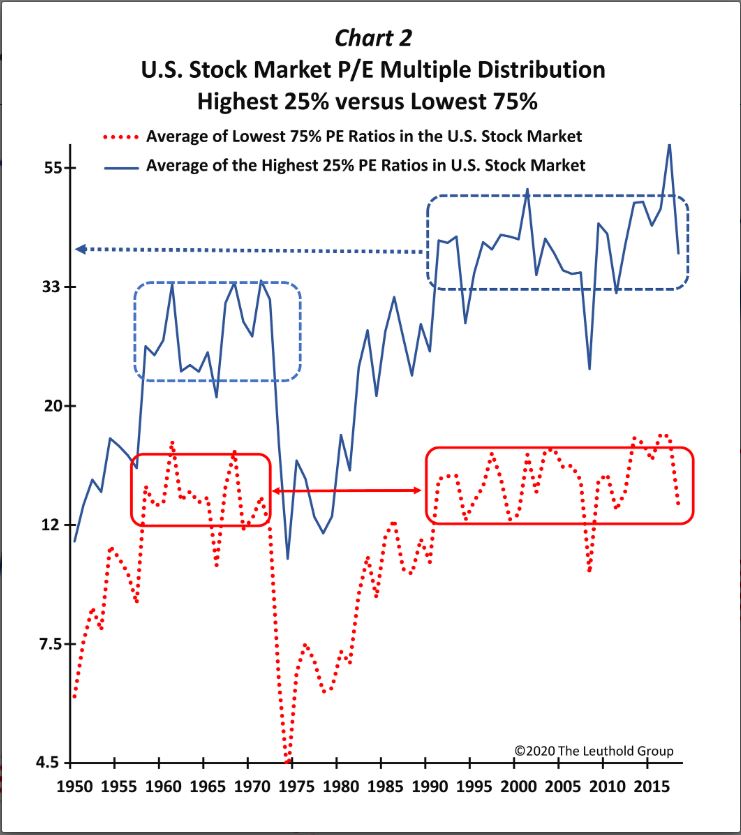 Bof A Why Stretched Stock Market Valuations Shouldnt Worry Investors
May 07, 2025
Bof A Why Stretched Stock Market Valuations Shouldnt Worry Investors
May 07, 2025 -
 John Wick Franchise Why Chapter 4s Rotten Tomatoes Score Is Surprisingly Low
May 07, 2025
John Wick Franchise Why Chapter 4s Rotten Tomatoes Score Is Surprisingly Low
May 07, 2025 -
 Royal Air Maroc And Mauritania Airlines Expand Partnership A New Agreement
May 07, 2025
Royal Air Maroc And Mauritania Airlines Expand Partnership A New Agreement
May 07, 2025
Latest Posts
-
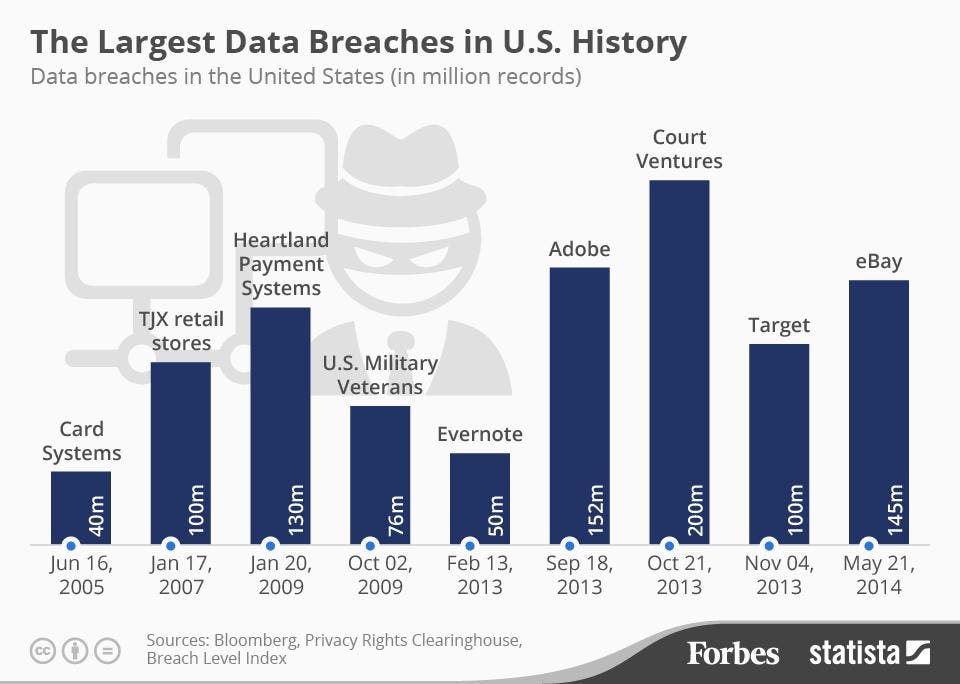 Federal Investigation Office365 Data Breaches Yield Millions For Hacker
May 08, 2025
Federal Investigation Office365 Data Breaches Yield Millions For Hacker
May 08, 2025 -
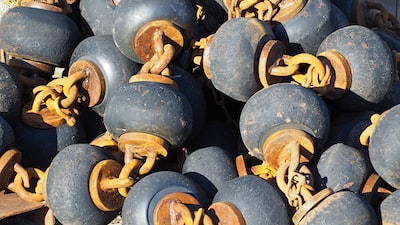 Exec Office365 Breaches Net Millions For Crook Fbi Says
May 08, 2025
Exec Office365 Breaches Net Millions For Crook Fbi Says
May 08, 2025 -
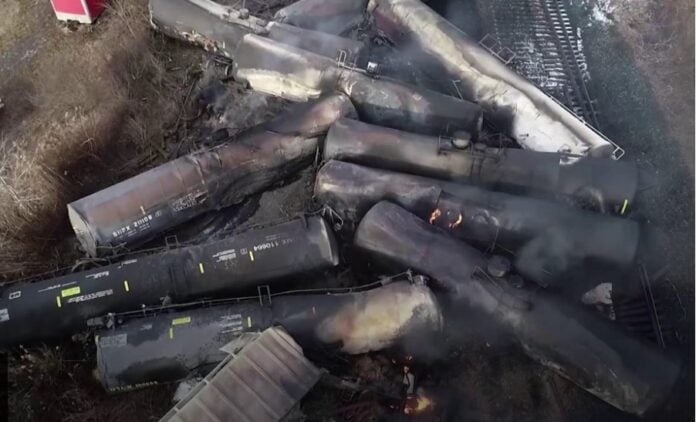 Impact Of Lingering Toxic Chemicals From Ohio Train Derailment On Buildings
May 08, 2025
Impact Of Lingering Toxic Chemicals From Ohio Train Derailment On Buildings
May 08, 2025 -
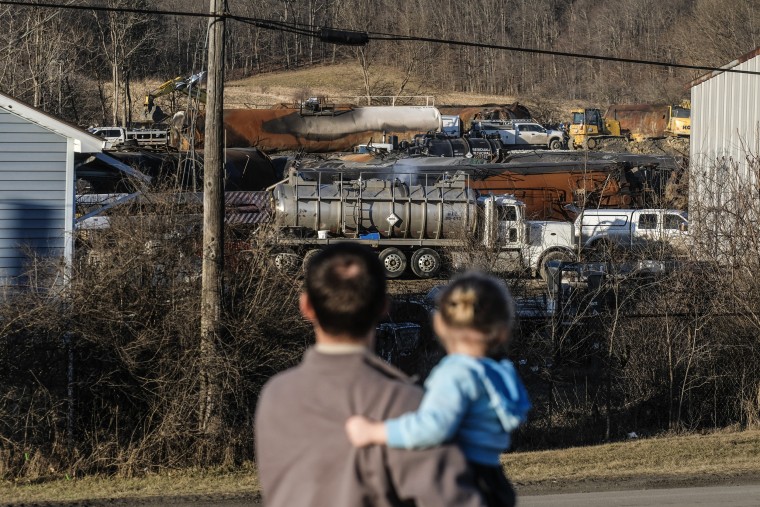 Ohio Derailment Investigation Into Lingering Toxic Chemicals In Buildings
May 08, 2025
Ohio Derailment Investigation Into Lingering Toxic Chemicals In Buildings
May 08, 2025 -
 From Scatological Documents To Profound Podcasts The Power Of Ai Summarization
May 08, 2025
From Scatological Documents To Profound Podcasts The Power Of Ai Summarization
May 08, 2025
